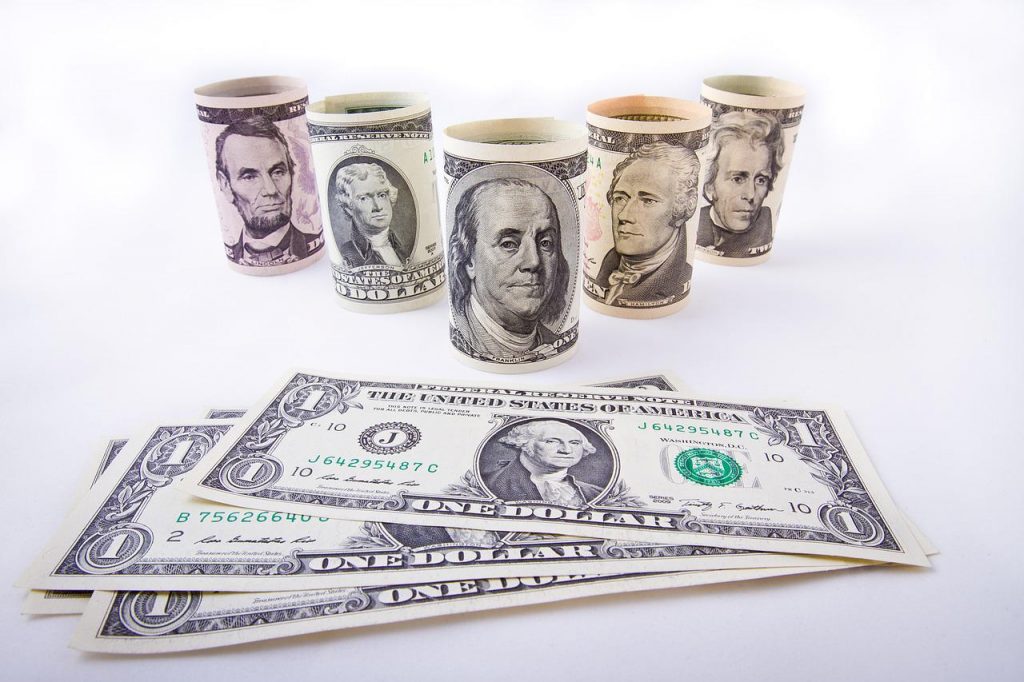Why The Federal Reserve Is Hiking Interest Rates And What That Means For You
The Federal Reserve just instituted its biggest interest rate hike in decades. Learn why and what it means for you.
This article is more than 2 years old

In recent months, the news has been littered with headlines about inflation, its effects on the economy, and a potential recession that may ensue. Piggybacking those topics has been the Federal Reserve’s reaction to this hyper-heated economy. Thus far the Federal Reserve has been cautionary in its steps to combat the overarching economical issue. However, the agency is starting to get more aggressive, as it just instituted its largest interest rate hike since 1994, and it may be poised to do it again. The Federal Reserve’s latest maneuver raises a few pertinent questions. First, what is the logic behind these inflationary-combatting measures? Second, will they work? And lastly, what do they mean for the United States populace at large?
To effectively answer those percolating questions, it’s important to understand the general role that the Federal Reserve plays in relation to the economy. The Federal Reserve is the main entity that has the power to regulate the economy. One of the primary ways it does this is through interest rates. When the Federal Reserve lowers interest rates it means that they are trying to stimulate the economy. Conversely, when the agency implements an interest rate hike they are trying to slow it down.
During the height of Covid, there was an overarching fear that the economy could go into severe decline. To combat this the Federal Reserve put rescue measures in place to keep businesses afloat and keep people spending. As a result, interest rates for things like mortgages dropped to historic lows. This strategy worked to prevent a pandemic-related economic crisis. However, it is also what laid the groundwork for the out-of-control inflationary period that the United States is in at present. Thus, to combat this the Federal Reserve is now falling back on interest rate hikes.
The latest hike came in at 3/4 of a percentage point. In terms of interest, that’s a lot, and all signs point to the agency implementing a similar increase in July. Ideally, with these incremental increases, it is the hope of the Federal Reserve that they will be able to curb spending while still keeping the job market relatively stable. If they are successful that will likely prevent a recession. While their logic makes sense and is based on past economic scenarios, the jury is still out as to whether that will happen or not. The chair of the Federal Reserve himself, Jerome Powell, acknowledged that the agency is not sure if a recession is avoidable at this point. “We’re not trying to induce a recession right now, let’s be clear about that, [but] those pathways have become much more challenging due to factors that are outside of our control,” said Powell via The New York Times.
Regardless, the Federal Reserve’s interest rate hikes will still impact the Unites States’ populace in measurable ways. The average consumer is really going to notice the difference in big-ticket purchases if they haven’t already. Mortgage rates are higher. Car loan APRs are higher. Honestly, any type of financing is going to come with remarkably higher interest rates because of the Federal Reserve’s inflation-combatting actions. Additionally, higher interest rates will consequently cause many businesses to pull back spending which in turn will affect hiring and could eventually lead to layoffs. Hence, individuals will see the employment rate start to climb and jobs will be harder to come by. On the flip side, those who have accumulated savings in high-return accounts like CDs will see their money grow as a result of the rate hikes. So there is some positivity to be garnered during this unpredictable economic time.
So what is the takeaway from all of this? The Federal Reserve is instituting interest rate hikes to stabilize the economy. The complete effects of their measures still remain to be fully realized. But regardless of what ultimately happens, US residents will still feel the impact in numerous ways.




